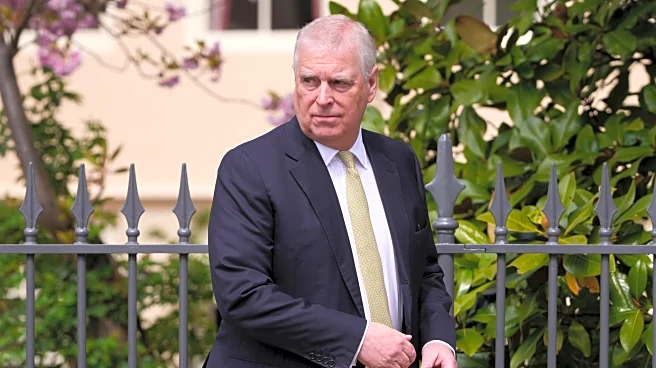Rapid Read • 7 min read
The Trump administration has implemented a series of tariffs, marking the highest tariff level since 1933, with an average rate of 18.6%. These tariffs are expected to increase costs for businesses and consumers, as companies like General Motors have already absorbed significant expenses. Economists predict that the tariffs will lead to higher consumer prices and potentially slow hiring as companies become more cautious with investments.
The tariffs are likely to have widespread economic implications, affecting everything from consumer prices to job security. While the U.S. economy has shown resilience, with stock markets hitting record highs, the long-term effects of the tariffs could lead to inflation and a slowdown in economic growth. Businesses and households will feel the impact as costs are passed down the supply chain.
AD
As the tariffs take effect, companies will need to negotiate with suppliers to absorb some costs, while consumers may face price hikes. The labor market could see slower job growth, and the overall economy may experience a slowdown, though a recession is not currently anticipated. Stakeholders will be closely monitoring the situation to assess the full impact of the tariffs.
The tariffs raise questions about the balance between protectionist policies and economic growth. They highlight the challenges of navigating global trade dynamics and the potential for unintended consequences on domestic industries and consumers. The situation underscores the importance of strategic economic planning and international cooperation.
AD
More Stories You Might Enjoy













